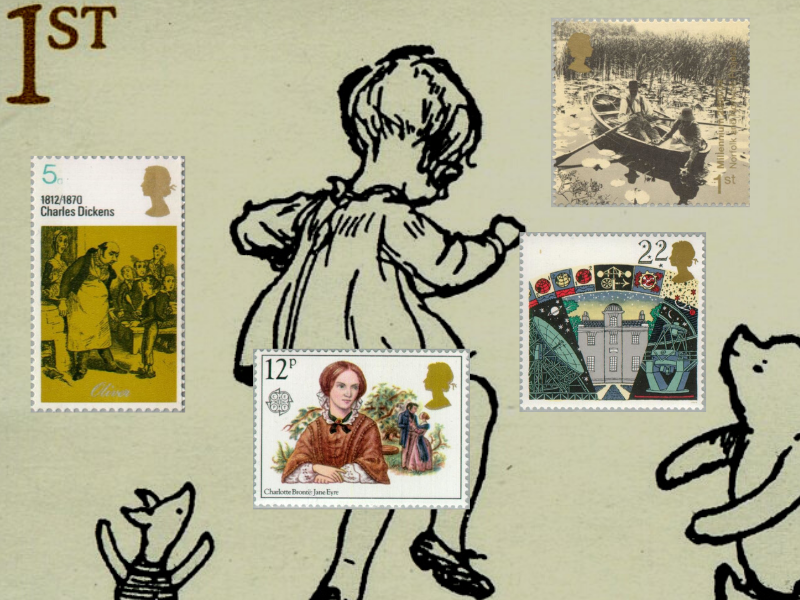THE BUDGET 11 MARCH 2020
TODAY’S BLOG
THE BUDGET 11 MARCH 2020
In order to save you time, I watched the Budget and even had a neat little animated logo designed for the occasion. Prior to the Budget I had hopes of some significant pension reforms – to simplify pensions whilst also hoping for the possibility of a fairer tax system, which means different things to different people – I would probably settle for a more straight-forward one.
In fairness to Rishi Sunak, becoming Chancellor when he did must have felt rather like a “hospital pass”. By which I mean a term used in rugby, where you are passed the ball so that you are the last one to face some enormous opponent who will surely flatten you and send you to hospital for treatment.
As he prepared for his Budget, we were all aware of the gathering momentum of “coronavirus” and the global collapse of the stock markets as investors seem unable to comprehend the impact on trade and the current oil price war between Russia and Saudi Arabia. No small matters and certainly sufficient to cause significant “alarm”.

INCOME TAX
Rates remained unchanged – so depending on whether you are a glass half empty or half full, if you allow for inflation, that’s worse, but better than an increase.
- Personal Allowance: £12,500
- Basic rate (20%) on the next £37,500
- Higher rate (40%) on income up to £150,000 (but loss of personal allowance at £100,000 ars previously)
- Additional rate (45%) on income over £150,000
The only allowance to improve marginally was Capital Gains tax (increased from £12,000 to £12,300), which will be of little comfort today.
PENSIONS
The Lifetime Allowance has increased by inflation to £1,073,100. The precision of this number speaks volumes of the Treasury’s desire to collect every penny.
Anyone earning over £300,000 can only contribute £4,000 to a pension (including employer payments). Otherwise, some relief for Hospital Consultants as the Tapered Annual Allowance was inflated by £90,000 to impact those with incomes over £240,000. This keeps tax calculations complex and required, but likely to kill off public sympathy for the cause to simply abolish the Tapered Annual Allowance. If you really don’t understand this, it probably doesn’t impact you.
ISAs
There remain at a very healthy £20,000 of tax-free growth and tax-free income when withdrawn, unlike a pension which has tax relief and provides taxable income. This also tells you something about the Treasury.
A Junior ISA (JISA) has been greatly increased to allow for a significant £9,000 into a JISA each tax year from 2020/21. No real benefit for adults, but of course a bit of a nod to those funding University. Though this could turn into a large fund over time and some thought ought to be given to how most 18 year-olds handle money.
INHERITANCE TAX
No changes
BUSINESS OWNERS
Those wishing to sell a business that they built will now have much higher taxes to pay on sale as entrepreneurs’ relief was slashed. The 10% tax rate on sale of a business still applies but only on the first £1m rather than the first £10m. That idea that your business is your pension… well, think again the new allowance is lower than the Lifetime Allowance.
CORONAVIRUS – CORVID19
Various special measures have been “initiated” to enable people to have some form of basic minimum income (statutory sick pay) from first signs of illness and self-isolation. This is an attempt to head off concerns that those needing to earn cannot afford to be ill and therefore continue to pose a “threat” to the rest of us. Whether it works remains to be seen – I suspect call centres will be jammed for some time.
As far as I can tell today, a few things are in short supply and probably more expensive than a week ago – toilet paper, hand sanitiser and wisdom.
Dominic Thomas
Solomons IFA
You can read more articles about Pensions, Wealth Management, Retirement, Investments, Financial Planning and Estate Planning on my blog which gets updated every week. If you would like to talk to me about your personal wealth planning and how we can make you stay wealthier for longer then please get in touch by calling 08000 736 273 or email info@solomonsifa.co.uk

GET IN TOUCH
Solomon’s Independent Financial Advisers
The Old Bakery, 2D Edna Road, Raynes Park, London, SW20 8BT
Email – info@solomonsifa.co.uk
Call – 020 8542 8084

GET IN TOUCH
Solomon’s Independent Financial Advisers
The Old Bakery, 2D Edna Road, Raynes Park, London, SW20 8BT
Email – info@solomonsifa.co.uk Call – 020 8542 8084

